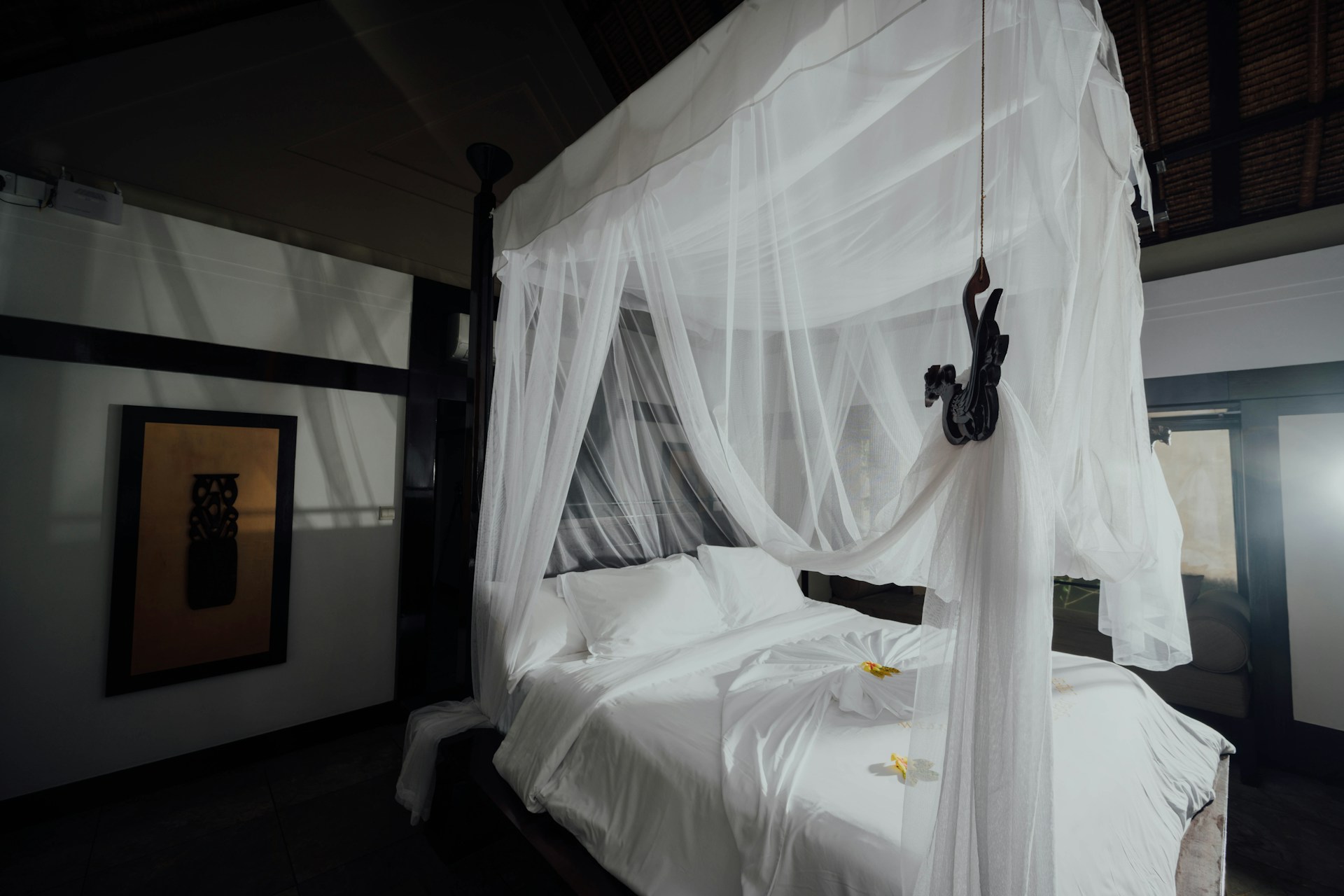Protecting Your Home and Health:
Malaria Prevention Tips

Malaria remains a significant health concern in many parts of the world, transmitted through the bites of infected mosquitoes. While public health efforts focus on vector control and medical interventions, individuals can take proactive steps to prevent malaria transmission within their homes. Here are essential tips to create a safer and malaria-free environment for you and your family:
Understanding Malaria Transmission
Malaria is a potentially life-threatening disease caused by parasites transmitted through the bites of infected female Anopheles mosquitoes. These mosquitoes breed in stagnant water and are most active during dusk and dawn. Malaria prevention efforts center around reducing mosquito breeding sites and minimizing exposure to mosquito bites.
Essential Malaria Prevention Tips for Your Home
- Eliminate Standing Water: Mosquitoes breed in stagnant water. Regularly inspect your home and surrounding areas for potential breeding sites such as flower pots, bird baths, gutters, and puddles. Remove or treat these areas to eliminate mosquito breeding grounds.
- Install and Maintain Screens: Keep windows, doors, and vents screened to prevent mosquitoes from entering your home. Ensure that screens are intact and without tears to effectively block mosquito entry points.
- Use Mosquito Nets: Sleep under insecticide-treated bed nets, especially in malaria-endemic regions where Anopheles mosquitoes are prevalent. Tuck bed nets under mattresses securely to create a protective barrier against mosquito bites while sleeping.
- Apply Insect Repellents: Use mosquito repellents containing DEET, picaridin, or IR3535 on exposed skin and clothing, particularly during peak mosquito activity times. Follow the manufacturer's instructions for safe and effective application.
- Keep Your Home Clean: Maintain a tidy environment both indoors and outdoors to reduce places where mosquitoes can hide or breed. Regularly dispose of garbage and avoid clutter that can collect water.
- 6. Use Indoor Residual Spraying (IRS): In malaria-endemic areas, consider using IRS with insecticides approved for indoor use. This can effectively reduce mosquito populations inside your home when applied according to recommended guidelines.
Additional Considerations
- Travel Precautions: If traveling to malaria-endemic regions, consult with healthcare professionals about preventive medications and additional precautions you can take to protect yourself and your family.
- Community Efforts: Engage with local health authorities and community initiatives focused on mosquito control and malaria prevention. Participate in efforts to raise awareness and implement sustainable practices for mosquito control in your neighborhood.
Conclusion
y implementing these malaria prevention tips in your home, you can significantly reduce the risk of malaria transmission to yourself and your loved ones. Creating a safe and healthy living environment involves proactive measures such as eliminating breeding sites, using protective barriers like bed nets and screens, and practicing personal protection against mosquito bites. Together, these efforts contribute to a healthier home and community, fostering a malaria-free environment for everyone.